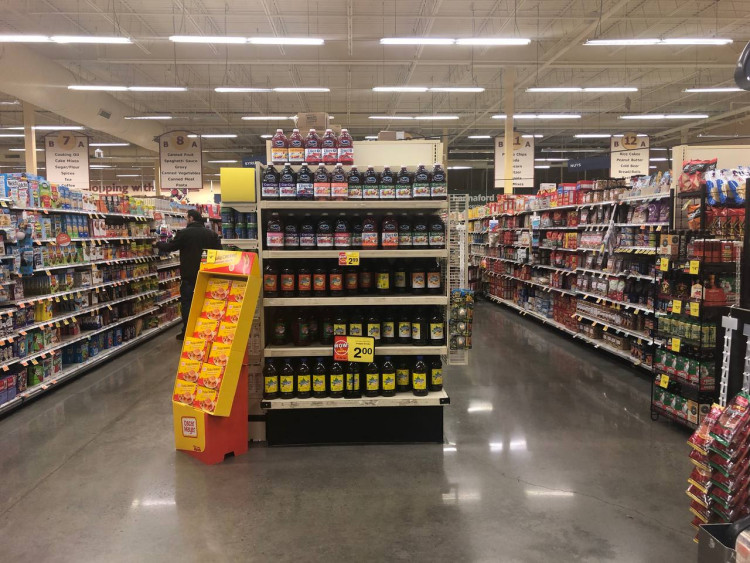U.S. inflation eased more than expected in April, with consumer prices rising at their slowest annual pace in over four years despite early signs of tariff-related cost pressures tied to President Donald Trump's trade policies. The Consumer Price Index climbed 0.2% from March and 2.3% from a year earlier, the Bureau of Labor Statistics said Tuesday, marking the lowest annual rate since February 2021.
Economists surveyed by FactSet had expected a 0.3% monthly increase and an annual rate of 2.4%. The softer reading came as markets monitor the potential inflationary impact of Trump's recently announced 10% tariffs on all U.S. imports and a 90-day suspension of reciprocal duties on Chinese goods.
Core CPI, which excludes food and energy, also rose 0.2% on the month and held steady at a 2.8% annual pace. While energy prices rose 0.7%, driven by a rebound after March's 2.4% drop, food prices dipped 0.1%. Grocery costs declined 0.4% month-over-month, led by a sharp 12.7% drop in egg prices as supply chains stabilized following an avian flu outbreak.
Egg prices averaged $5.12 per dozen in April, down from $6.23 in March, though still up 49.3% from a year earlier. Other categories posted mixed results: used car prices fell 0.5%, apparel declined 0.2%, while medical care services rose 0.5%. Shelter, which makes up about one-third of the CPI basket, increased 0.3% and accounted for more than half of the overall index gain.
The inflation report had little immediate impact on financial markets. Treasury yields were mixed and stock index futures hovered near flat as traders recalibrated expectations for Federal Reserve rate cuts. With inflation easing and Trump's tariff truce in place, futures markets are now pricing in two rate cuts this year, beginning in September, down from three cuts previously expected starting in June.
Alexandra Wilson-Elizondo, co-chief investment officer at Goldman Sachs Asset Management, said, "The larger tariff-related price adjustments are likely to come over the next few months." She added, "We still anticipate (the Federal Reserve) remaining on the sidelines in the near term."






